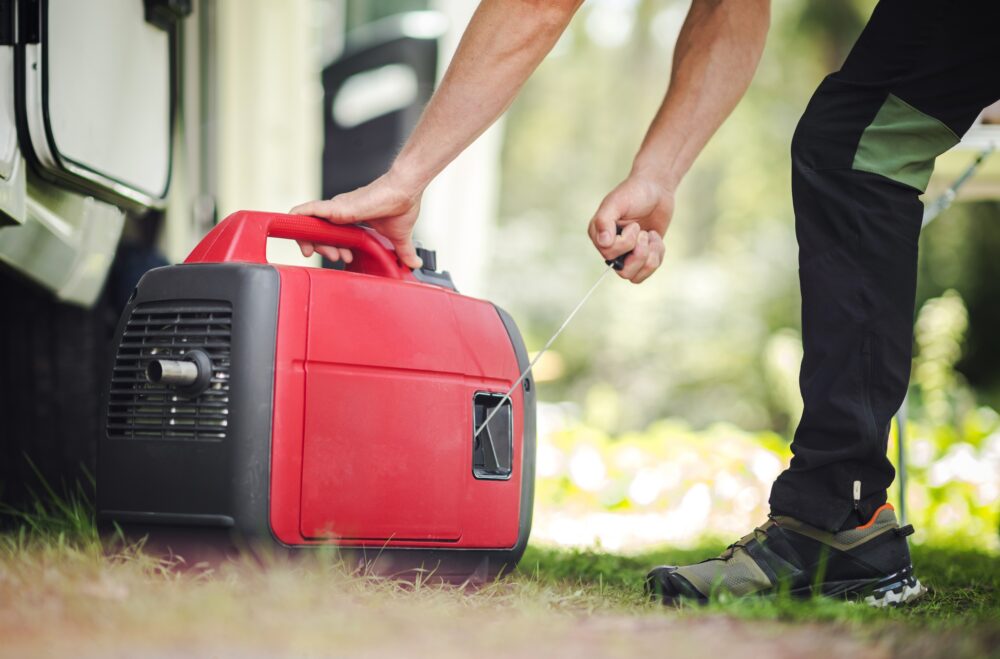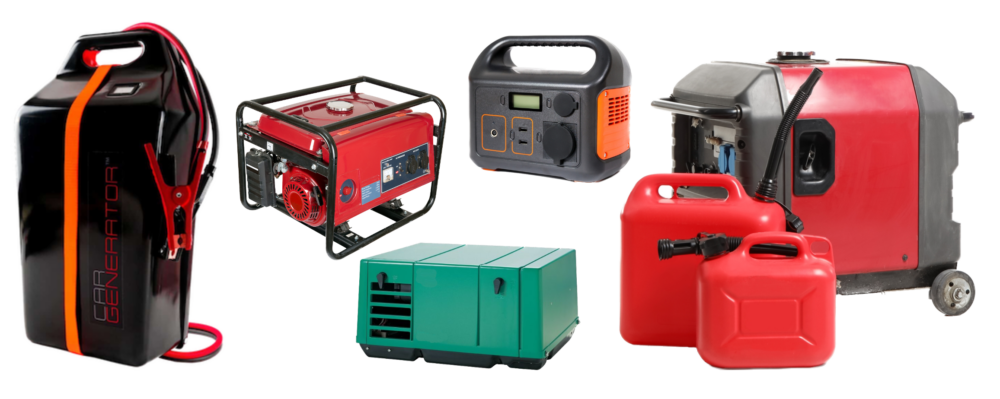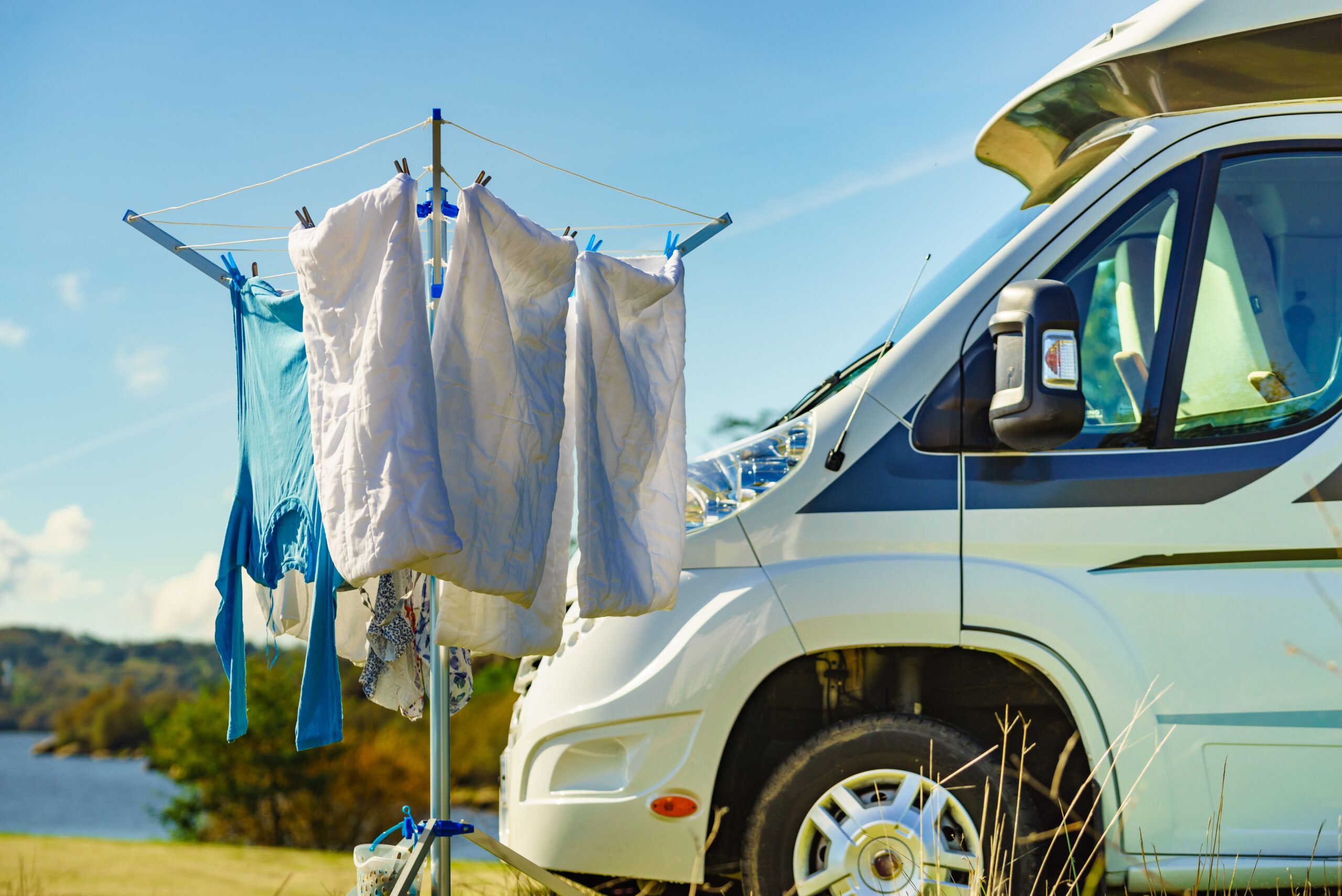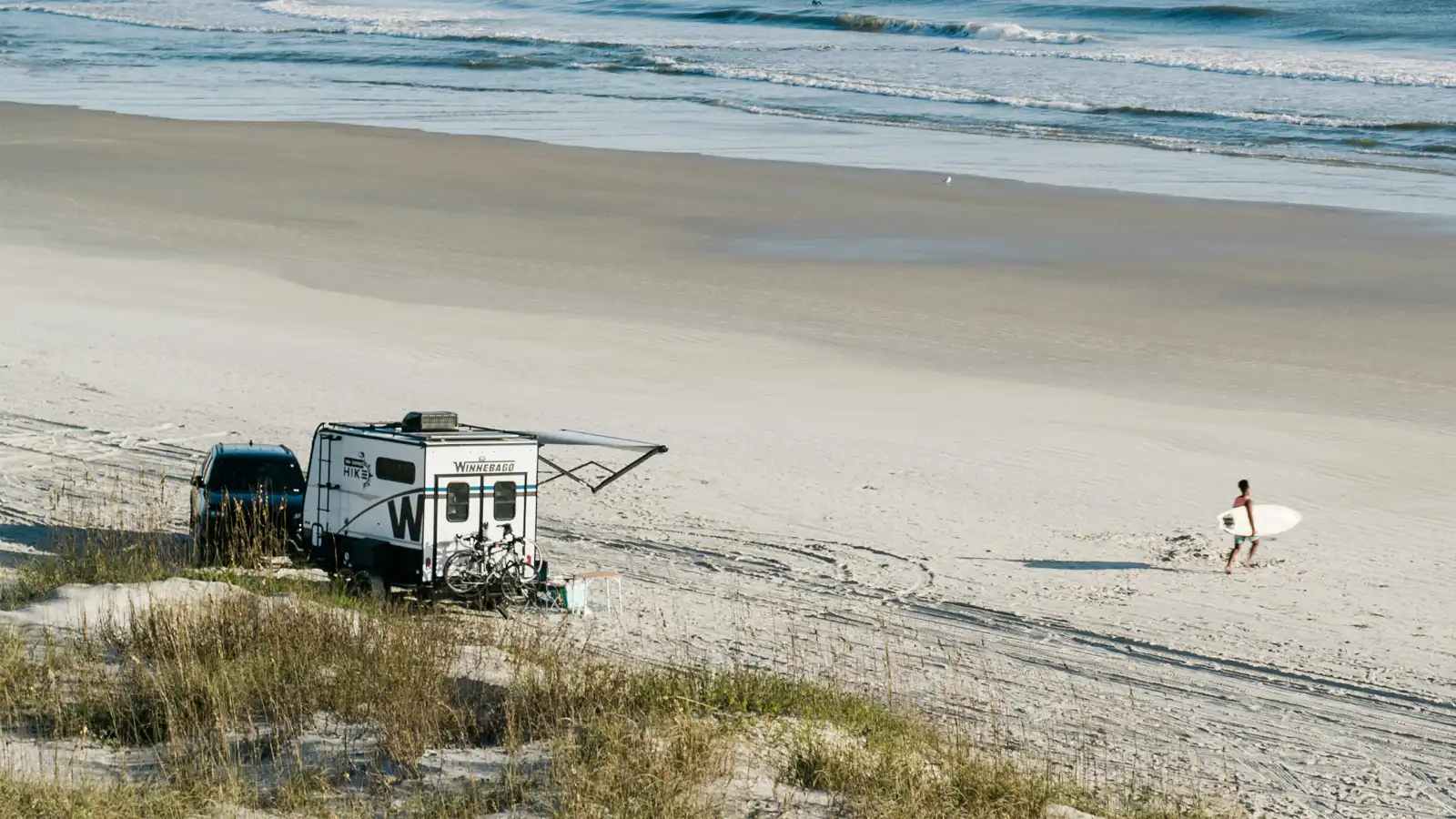
What Type Of RV Generator Should You Use?
Despite the proliferation of solar power or “clean energy,” RV generators still find themselves to be a crucial part of the RVing equation. When you can’t plug in, you need power. Most RVers do not have an adequate solar system to replace an RV generator. Which generator you choose depends on your RV and your preferences.
Let’s talk about some of the various types of RV generators. Before we do, let’s review why RVers would need a generator.
Why would RVers need a generator?
RVs are essentially small mobile homes. Some of the features that make them comfortable, like refrigeration, air conditioning, lighting, and various electronics, all require power to operate.
If you’re staying at a full-service campground, you may be able to plug into their electrical system, but if you’re in a more remote location or on the road, you need another power source. That’s where the generator comes in.
1. Powering appliances
Most RVs come equipped with appliances like refrigerators, microwave ovens, air conditioners, heaters, etc. These require a substantial amount of power to run, which can be provided by a generator when electricity is not available. Motorhome owners will also use the generator to power the rooftop air conditioners while driving in very hot weather.
2. Charging batteries
RVs typically have a battery system for basic electrical needs, but these batteries need to be recharged, especially when the RV is used frequently or for extended periods. A generator can recharge these batteries when you’re off-grid or boondocking (camping without hookups).
3. Backup power
Even when staying at a full-service campground with electric hookups, power outages can occur. A generator can serve as a backup power source in these situations. In case of emergencies, having a generator can be a lifesaver. Whether it’s extreme weather conditions or mechanical breakdowns, a generator ensures that you have power when you need it most.
4. Camping off-grid
If you plan on camping in more remote locations without services (known as boondocking or dry camping), several types of RV generators can provide power for your various needs. Having a generator simply makes life more comfortable and convenient when you’re off-grid. You can use it to power everything from your coffee maker in the morning to your laptop or television in the evening.
Don’t forget about safety
Remember, if you’re using a generator, it’s important to follow all safety guidelines to prevent carbon monoxide poisoning and other potential hazards. Always ensure adequate ventilation and never use a generator in any enclosed space, such as a garage.

Types of RV generators
1. Onboard generators
Onboard RV generators are built-in generators that come pre-installed in many RVs, especially in larger models. They run off the RV’s fuel supply and can provide a significant amount of power, typically enough to run most, if not all, of the RV’s appliances and systems. They’re convenient and efficient but can also be quite noisy.
2. Solar generators
A solar generator isn’t a type of RV generator in the traditional sense; it’s more of a combination of solar panels, a charge controller, a battery, and an inverter. Using solar power can be an excellent choice for RVers who stay in sunny locations or want to reduce their reliance on fossil fuels. Solar generators are quiet and environmentally friendly, but their power output is dependent on the amount of sunlight available and the capacity of the storage batteries.
3. Portable generators
Portable generators are standalone units that RVers can bring along and use when needed. They’re smaller and more portable than onboard generators, but they typically don’t provide as much power. However, they can be moved around to reduce noise and exhaust issues. They run on various fuels, including gasoline, diesel, and propane.
4. Multi-fuel generators
This type of RV generator can run on more than one type of fuel, typically gasoline, propane, or natural gas. This flexibility can be a big advantage for RVers who travel to different areas where certain types of fuel might be more readily available or cheaper. It also adds a layer of security; if one fuel type runs out, you have other options.
5. Inverter generators
These are a type of RV generator that produce a very high-quality power output that’s safe for sensitive electronics, such as laptops and smartphones. They are typically more fuel-efficient and quieter than conventional portable generators but are also generally more expensive. Traveling musicians might use an inverter generator, for example, for their sensitive audio and recording equipment.
6. CarGenerator
CarGenerator™ is a unique type of RV generator that uses your vehicle’s engine to generate power. It’s a lightweight and compact device that can be easily stored when not in use. It’s primarily designed for emergency situations or short-term power needs and not meant to replace a traditional generator for long-term RVing. The CarGenerator™ is simply connected to a vehicle’s battery, and when the vehicle is running, it produces power.
Find the right generator for your needs
Remember, it’s essential to consider your power needs, travel habits, and budget when choosing among the various types of RV generators. All but the onboard generator could have applications outside of RVing, so consider any alternate uses you might have for an additional power source when considering the types of RV generators.




The generator article was very good , but you should mention the problem with high altitudes in the mountains when the generator fouls the plug due to carburetor orifice and what to do about this.
Thanks
Chuck
PLEASE don’t use a noisy generator to recharge your house batteries! Solar usually does a good job doing that and even with many shady sites, an external panel can help. I was near Stanley Idaho last week and there were 8 trailers in a circle and two had generators running 24/7. This was in a dispersed camping area with posted quiet hours of 10:00 PM to 6:00 AM. No rangers anywhere.